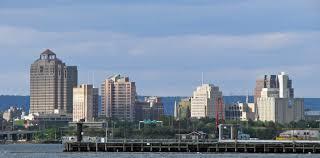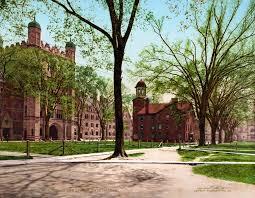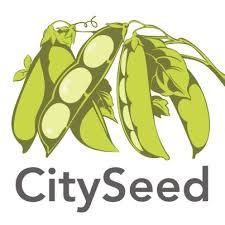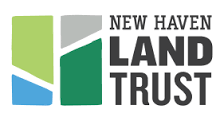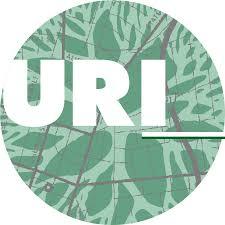Incorporated as a city in 1784, New Haven grew through the 18th and 19th centuries thanks to its flourishing industrial sector and an influx of immigrants, mainly from southern Europe. The city’s population reached its peak of nearly 164,500 residents in 1950, after which significant numbers of middle class residents began moving to the suburbs and manufacturing jobs began leaving the city. This industrial decline, coupled with the growth of Yale University, the Ivy League school founded in New Haven in 1701, has resulted in an economic base that is now dominated by the education and health care sectors. Home to the first public tree planting program in the country, New Haven is also now known for its large canopy of elm trees, giving it the nickname, The Elm City.
According to the U.S. Census Bureau, New Haven had 130,322 residents as of July 2015. The city’s racial composition is 35 percent African American, 32 percent white American, 27 percent Hispanic or Latino American, and 5 percent Asian American. Poverty is a significant problem, affecting more than a quarter (26 percent) of the city’s population. Moreover, there is extreme inequality between residents, with the top 20 percent of households earning 6.5 times more than the bottom 20 percent. New Haven has also suffered from high rates of violent crime, although its adoption of community policing has helped the city achieve a steady decline in crime over the past five years.
Working to address the city’s challenges and rebuild community wealth are numerous nonprofits, anchor institutions, and other groups. As New Haven’s largest employer, Yale University has taken a lead role, contributing over $40 million to community economic development initiatives since 1990. Another nonprofit making significant investments in the city has been the Greater New Haven Community Loan Fund, which has made $57 million in housing loans, funding the development of nearly 2,500 housing units.
Several New Haven nonprofits are focused on strengthening the city’s local food economy so that all residents can access fresh, healthy food. For example, CitySeed operates five farmers markets, has a mobile market to bring fresh produce to food deserts, offers double value for SNAP (food stamps) customers, and operates a commercial kitchen space to support small food businesses and hands-on, educational programs.
The City itself is also playing an important role in growing and supporting the local economy. For example, New Haven’s Small Contractor Development Program provides minority and women-owned businesses with technical assistance, mentoring, networking, loans to cover preliminary costs, and other targeted opportunities. All city construction contracts of $150,000 or less are reserved for contractors registered in the program, and larger contracts have a 25 percent small subcontractor requirement.
An overview of these and other exemplary community wealth building efforts follows:
